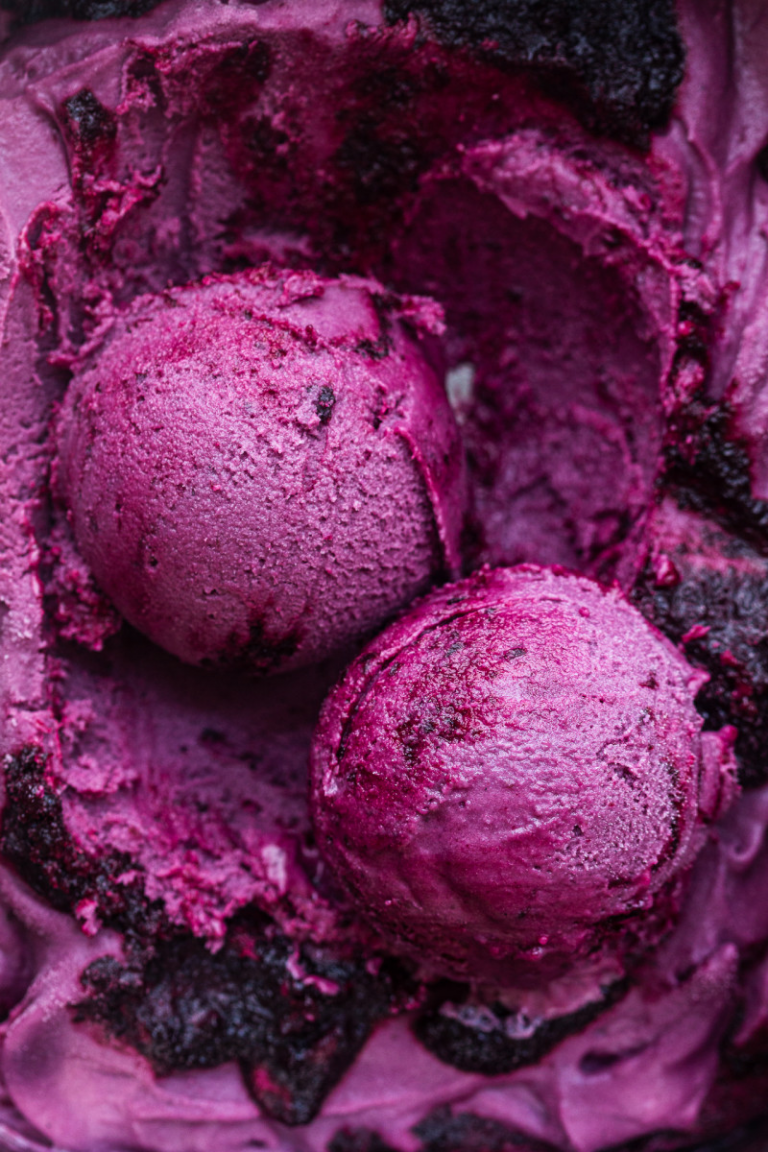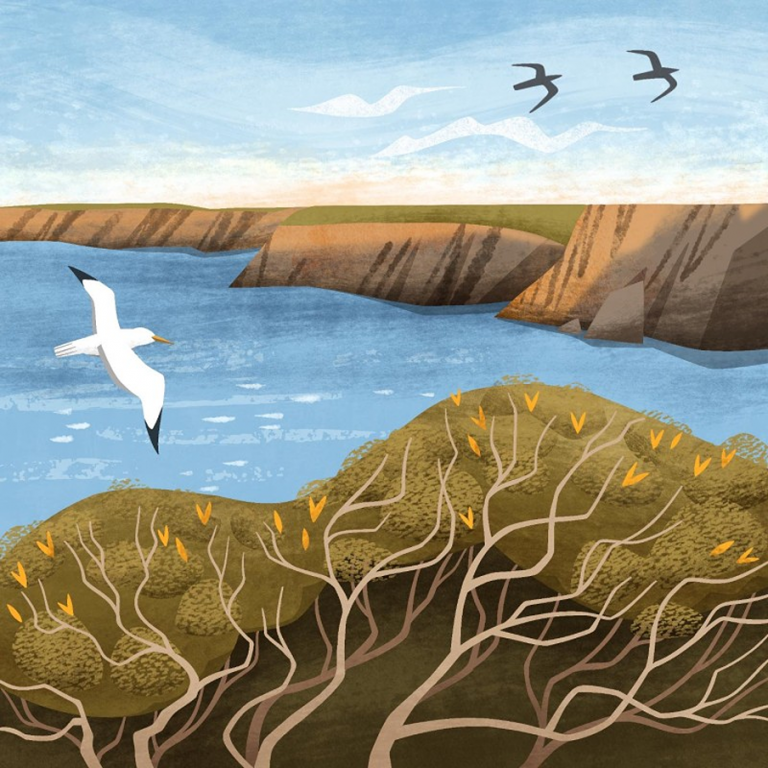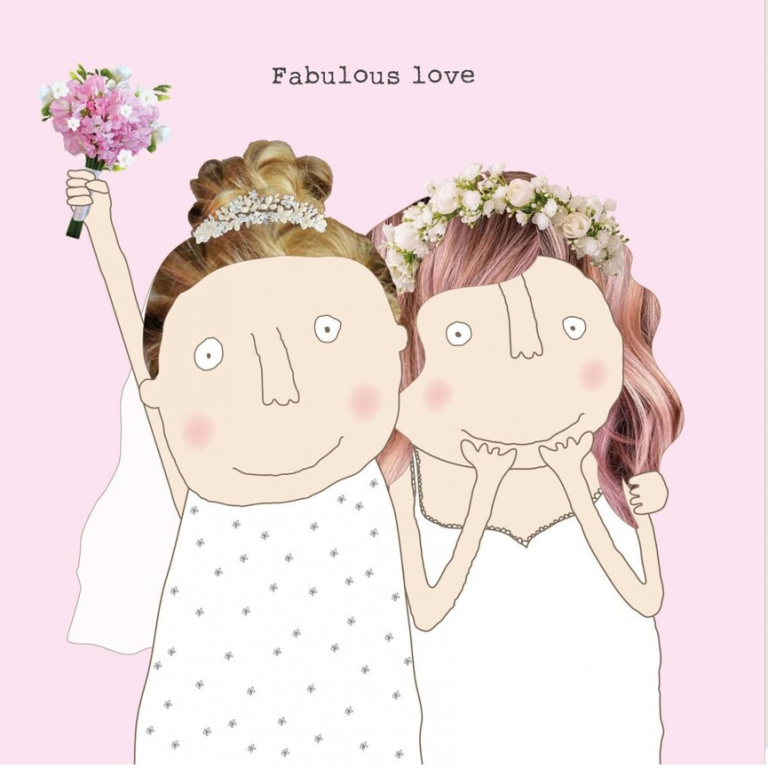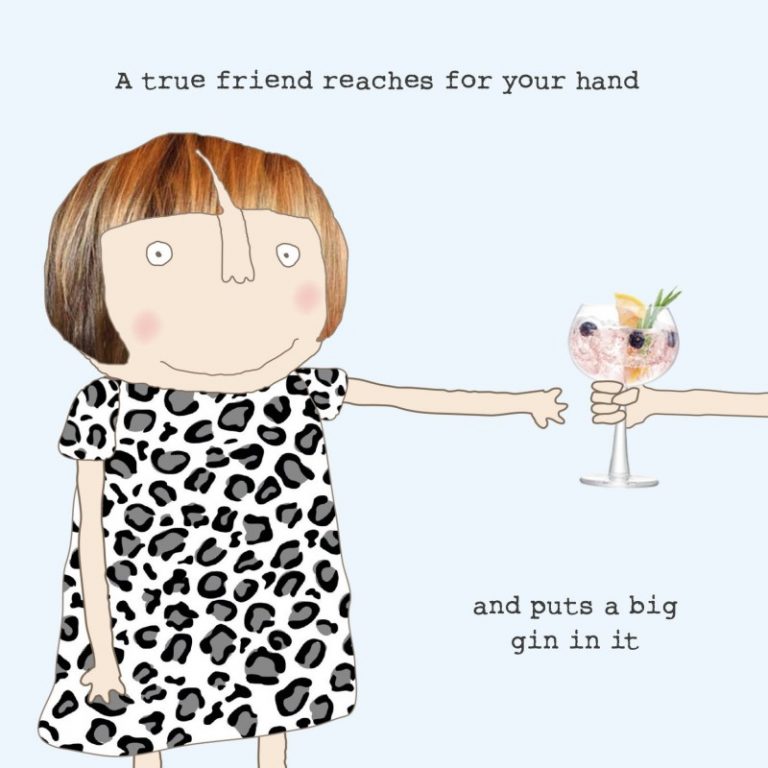
Natural Step Bath Mats are a step up from soggy fabric bath mats, which soon become mouldy from constant use. And as around half of all people in England don’t put the loo seat down after flushing, all that airborne bacteria ends up on bath mats! These bath mats are bit more pricey, but designed to last for life.
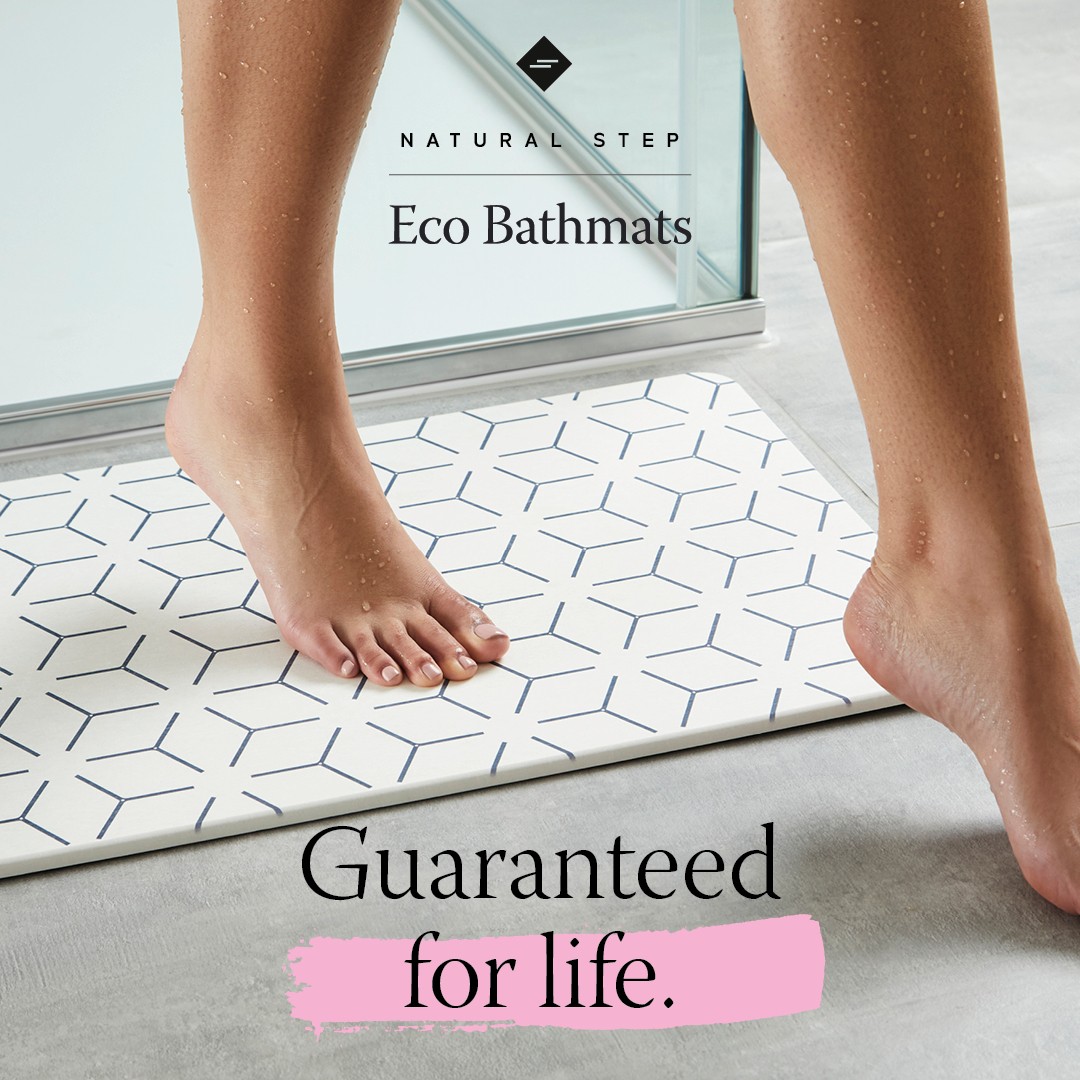
These mats absorb 5 times their weight in water, yet still feel dry to the touch, as water quickly evaporates. The mats dry in seconds, and also grip the floor, to avoid moving on slippery surfaces.
To clean stone bath mats, just wash with mild soap water weekly, rinse and air-dry. You can brush off dust or hair with a soft broom.
I am a complete convert, who will never go back to fabric mats. Less water everywhere after my shower, and stay in position much better than my old mat, which I sometimes slipped on.
Bath Time Safety Tips
Always stand up slowly after baths, and avoid very hot baths if pregnant/nursing or for heart or blood pressure conditions. Avoid slippery bath oils, use non-slip bath mats, and if needed, use a bath seat/bench and grab rails.
Never face indoor plants to gardens, to help stop birds flying into windows. Read of plants to avoid near pets (including lilies and sago palm). Also read about giving dogs baths.
Safety for Baby Baths
- NHS has a 2-minute video by a midwife (never leave a child alone and avoid baby seats that can quickly detach and drown, even in a few centimetres of water).
- Run cold water first (add hot water, testing with wrist or elbow). Keep your baby’s head clear of water.
- Don’t bathe straight after feeds, or if hungry or tired. Avoid baby oils, due to risk of slipping.
- Avoid talcum powder, it’s linked to ovarian cancer and banned in many countries. Don’t use cotton buds to clean baby’s ears (the cause of nearly all infections).
A Simple Tip to Save Bath Water
A bath uses around 150 litres of water, compared to 50 litres for an energy-efficient shower. So just indulge, but have fewer baths! A family of two adults and two children that switches from one full bath each week to a shower, saves 400 litres of water each week – 20,000 litres a year!
If you use ‘bath water diverters’ that recycle bath water into the garden, choose unscented biodegradable bath products (even sea salt could harm plants).

